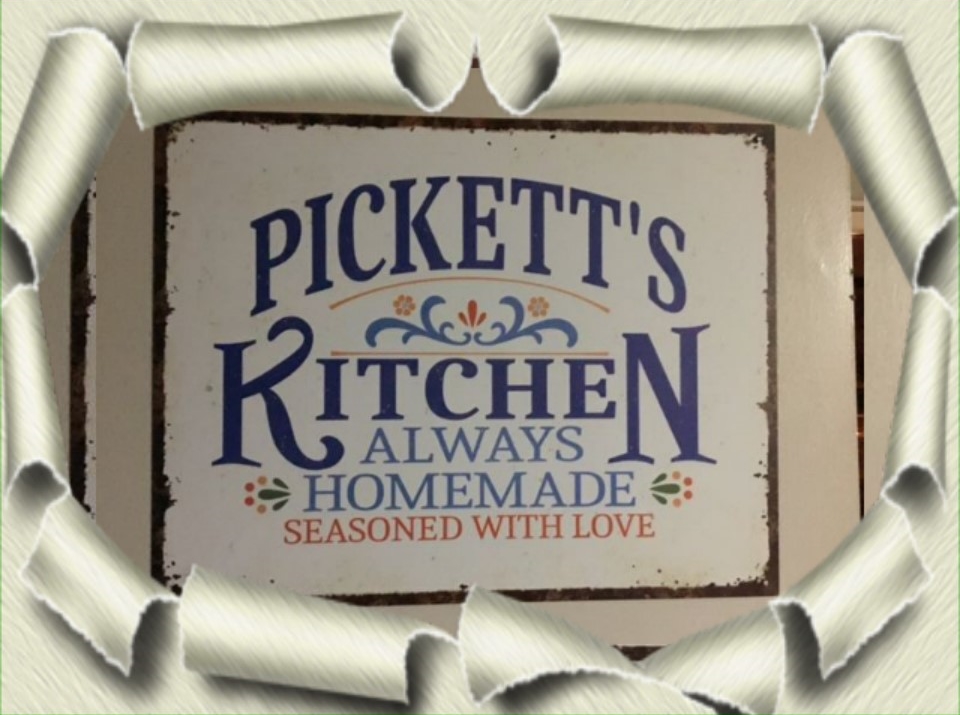
 |
 |
  |
 |

 |
 |
  |
 |



" Okey Dokey " ..... Now I realize that all our Mom's and Grandmother's taught us to to wash your chicken before cooking it !
A study from Drexel University found that approximately 90% of people say they wash their chicken before cooking it as historically recipes did instruct people to do so. Even today many folks believe that rinsing chicken can wash away pathogenic bacteria and make the chicken safe to eat. But is that something we should continue to do ?
Raw chicken can be contaminated with numerous pathogenic bacteria including Campylobacter, Salmonella, and Clostridium Perfringens, all of which can lead to foodborne illness. The study done at Drexel University found that " rinsing chicken only increased the chances of spreading bacteria around your sink and counter tops. " They even started a website called Don’t Wash Your Chicken, which explains that raw chicken can carry bacteria on the outside, and that research shows " that washing poultry under running water can cause the bacteria to spread. "
Although you may not see the water splashin, you could be getting bacteria getting all over the place, including the counter tops, kitchen towels, and anything that is nearby. " It does happen. " On the Don’t Wash Your Chicken website there is this video animation showing how far the bacteria spread ! If the bacteria do get on raw produce or is ingested " especially by young children, pregnant women, older adults, and those with a weakened immune system, it can cause them to get sick. "
This is why for the first time in 2005, the USDA’s Dietary Guidelines for Americans included food safety, and advised against rinsing chicken before cooking. The reason is exactly what the studies found, that those chicken juices get all over the place and can potentially get someone sick.

Besides ..... With today's technology ..... Ovens, Slow Cookers, and even Instant Pots when used to cook chicken and other meats, as noted on cooking instructions, will kill any and all pathogenic bacteria including Campylobacter, Salmonella, and Clostridium Perfringens.

|
|
 |
 |
 |
|
|

or at ( russpickde@comcast.net ) |
~ ~ ~ ~ ~ ~